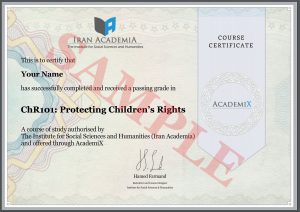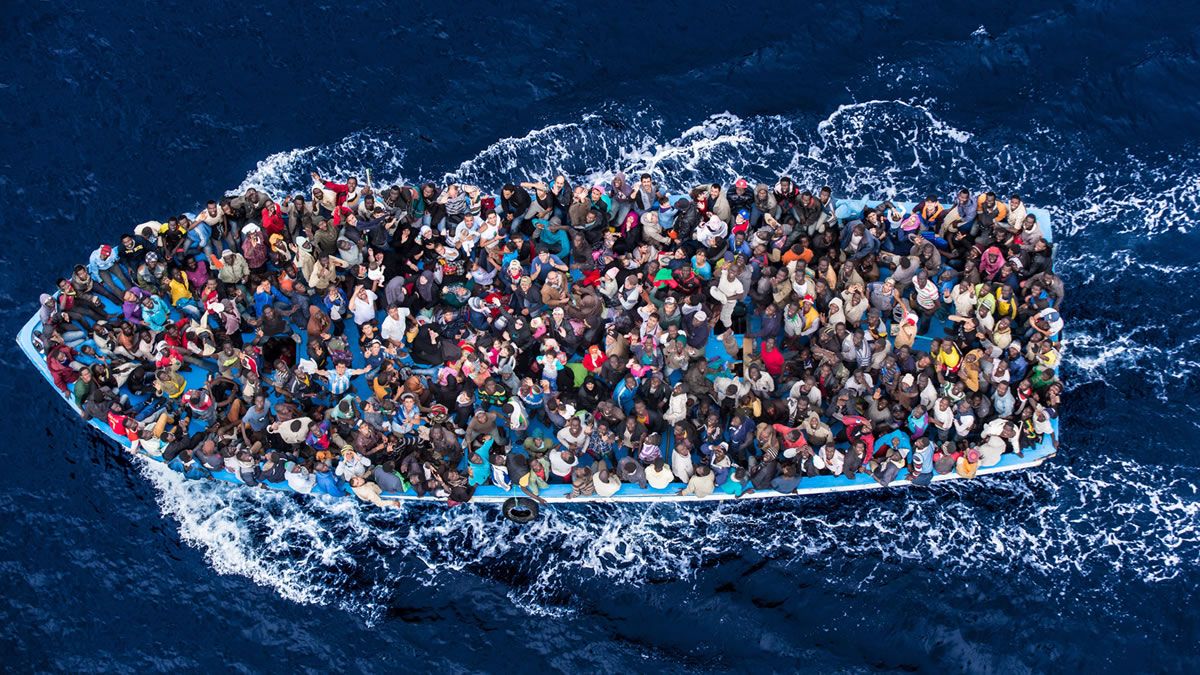Course Schedule
Week One: Introduction and fundamental topics
- What is the meaning of human rights?
- Philosophical foundations of human rights
- Human rights and cultural relativism
- The emergence of modern human rights
- International human rights sources
- Types of human rights obligations of governments
Week Two: The right to life
- Classification of rights
- The right to life in international human rights
- The death penalty
- Is the death penalty itself torture?
- Knowing the dimensions of the death penalty
Week Three: Prohibition of torture and other cruel, inhuman and degrading behaviors and punishments
- a. What is torture? (History and definition)
- b. The difference between torture and other abuses
- Interview with Dr. Yuval Ginbar
- Conducting torture-related investigations
- Do Iran’s laws comply with international obligations regarding the protection of people from torture?
- Preventing torture
Week Four: The right to a fair trial
- Pre-trial rights – the right to liberty and the prohibition of arbitrary detention
- Rights during detention – Part I
- Rights during detention – Part II
- Rights during the trial – Part I
- Rights during the proceedings – Part II
- Children and the judicial system
- Are Iran’s laws compatible with the country’s international obligations regarding the right to a fair trial?
–
- What does the right to freedom of opinion and expression cover?
- Can the right to freedom of expression be legitimately limited?
- Are the laws of the Islamic Republic compatible with the international human rights obligations of this country regarding freedom of opinion and expression?
Week Six: Banning discrimination
- The concept of equality and non-discrimination
- a. Discrimination based on gender, sexual identity, and sexual orientation
- b. The right to gender equality for women
- Prohibition of discrimination based on religious beliefs
- Discrimination on the basis of race
- Discrimination and minority rights (ethnic and linguistic minorities)
Week Seven: Economic, social, and cultural rights
- What are the economic, social and cultural rights and are these rights inherently different from civil and political rights?
- What are the governments’ obligations regarding economic, social and cultural rights and what does the “gradual realization” of these rights mean?
- Interview with Meghna Abraham about economic, social, and cultural rights
- Resource allocation and budget analysis
- Are violations of economic, social, and cultural rights legal?
- The right to education and training
- The right to work
- The right to health
- The right to water
- What is the United Nations Sustainable Development Program and what is its relationship with economic, social, and cultural rights?
- Following natural disasters, what are the short-term and long-term obligations of governments in relation to guaranteeing economic, social, and cultural rights?
- What does international human rights say about economic sanctions that affect people’s enjoyment of their economic, social, and cultural rights?
Week Eight: Human rights protection mechanisms and procedures
- The right to benefit from compensatory measures
- UN supervisory bodies: Charter-based bodies
- United Nations supervisory bodies: bodies based on treaties and the mechanisms of these bodies
- Interview with Anna-Karin Holmlund, UN human rights expert
- International Criminal Law: international courts and the principle of universal jurisdiction
Course Completion Certificate



